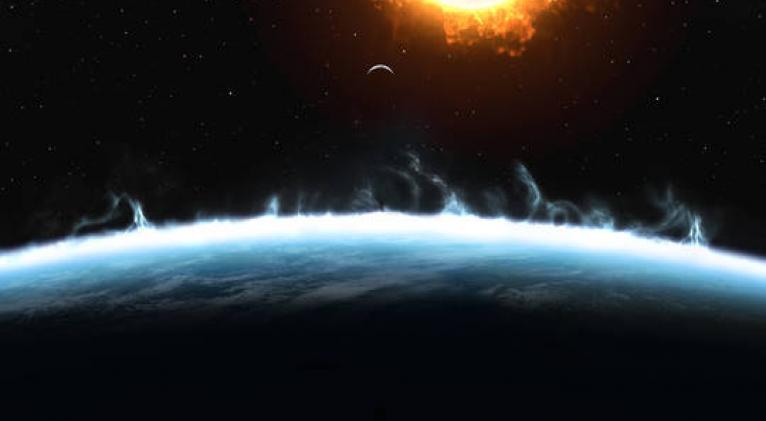UN hails major environmental achievement
especiales

Earth’s ozone layer is on track to be fully restored within four decades due to humanity’s success in tackling the use of harmful chemicals, a group of UN-backed experts said on Monday.
The panel of experts, which includes researchers from a number of prominent global institutions, confirmed that the 1987 Montreal Protocol, a landmark environmental agreement regulating ozone-depleting substances, is working as intended. As a result, humanity has managed to phase out nearly 99% of banned substances that damage the ozone layer, according to the panel's latest report on the progress of the protocol.
The analysis finds that there has been a notable recovery of the protective ozone layer in the upper stratosphere, decreasing human exposure to ultraviolet rays. The ozone shield is vital for the planet since it absorbs most of the Sun’s radiation.
According to the report, if humanity keeps its current policies in place, the ozone shield will be restored to its 1980 level by 2040. During the same period, in the Antarctic and Arctic, where the ozone layer is thinnest, the recovery is expected to reach this threshold by 2066 and 2045, respectively.
READ MORE: Scientists point to ozone hole anomaly
“The impact the Montreal Protocol has had on climate change mitigation cannot be overstressed,” said Meg Seki, executive secretary of the UN Environment Program’s Ozone Secretariat.
This legal framework is also said to have had an overall positive impact on the environment, given that it has helped to mitigate global warming by an estimated 0.5°C.
The phenomenon of an ozone hole was first discovered in 1985, with scientists issuing warnings over dire consequences the depletion of the ozone layer may present. An increase in the level of ultraviolet rays poses a risk of more frequent cases of skin cancer and cataracts in humans while also having enormous potential to harm nature.














Add new comment